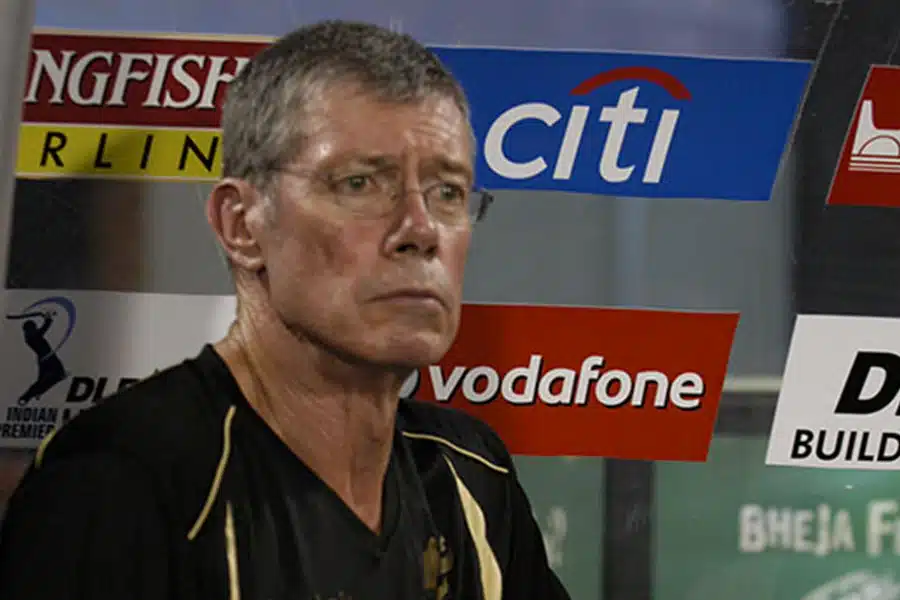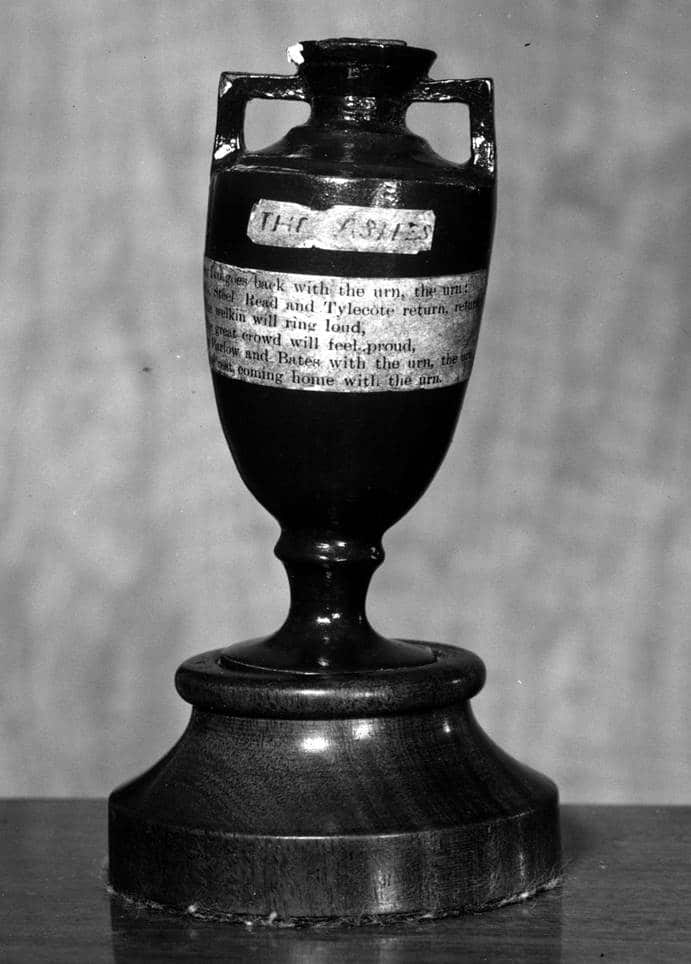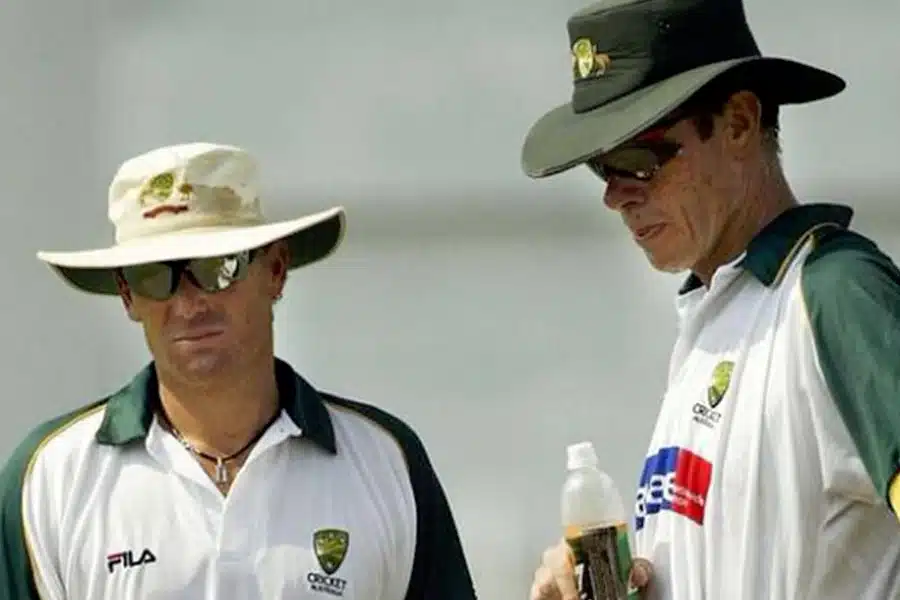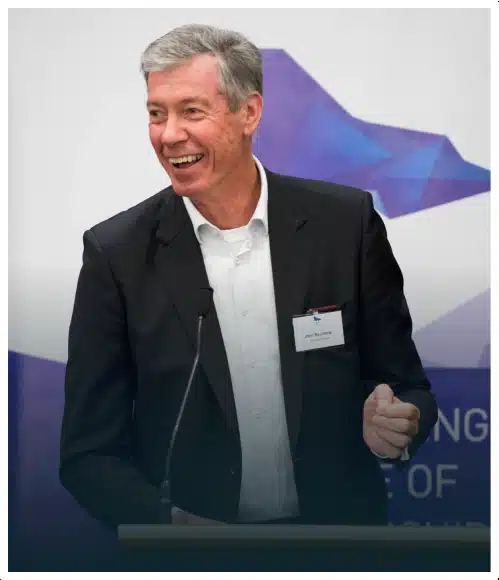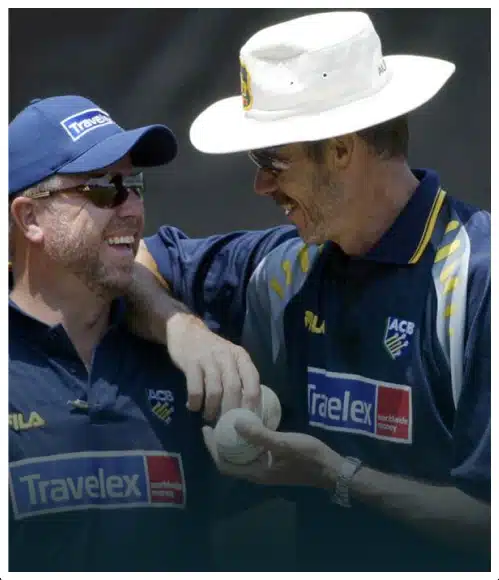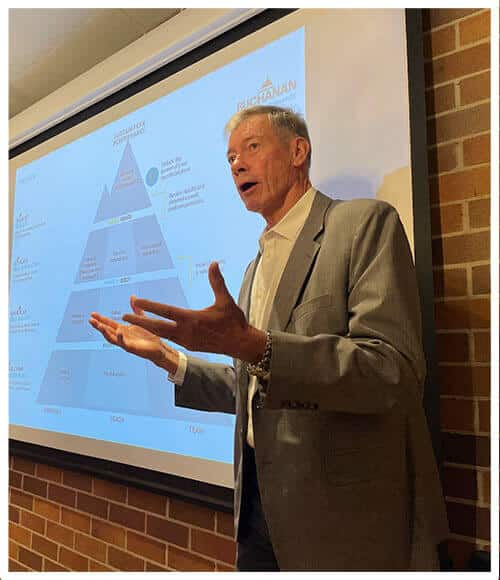Guest columnist Michael Crutcher
Taking the news into your own hands – the rise of corporate journalism
Journalism isn’t dying – it’s changing. And it’s changing in a way that we’ve never seen.
The barriers to entry in the media world have been demolished. Where you once needed a printing press, a television licence or a radio station to engage audiences, you now need only a mobile phone.
Online news and social media channels have become part of everyday life, feeding an audience devouring more news and information than ever.
Traditional media has moved into those spaces but their old business models are buckling. If a reader was worth $1 to a newspaper, they’re worth about 10 cents when they switch to online print consumption where news is mostly delivered free of charge.
And some organisations that once took advertisements to get their messages out are moving into “corporate journalism” – a practice more advanced in the US.
The AFL’s media department now employs more than 100 people, delivering stories, video footage and opinion pieces direct to hungry audiences.
AFL clubs also have their own communications teams – the Brisbane Lions this year poached one of Queensland’s brightest media minds in Steele Tallon, the former deputy editor of The Courier-Mail.
The Queensland Reds boast one of the slickest media units in the nation, sending training footage to television stations, multiple emails to members and even webcasting a live pre-game show on Reds game nights.
But it’s not just sporting teams going direct to audiences with content. Yes, the irony is not lost on me that John Buchanan’s newsletter is a perfect example of an expert delivering engaging content.
ANZ has its own corporate journalism unit offering BlueNotes (www.bluenotes.anz.com) – an online news service tapping into the expertise of ANZ staff.
Get set for other Australian organisations to follow this model.
But they must deliver valued content that helps audiences to live their lives.
The barriers to entry in the media market may be down but audiences can still sniff a PR pitch from suburbs away.
Michael Crutcher is the director of 55 comms – audience engagement specialists. www.55comms.com.au. He was editor of The Courier-Mail from 2010-2013.
So why would you consider the media strategy suggested by Michael?
As leaders of organisations in a world that is changing, and increasingly disruptive, Roselinde Torres’ research into future leadership will answer that question for you by posing three of her own –
Where are you looking for and anticipating change?
Do you surround yourself with diversity?
Do you have the courage to abandon current or past practice?
http://www.ted.com/talks/roselinde_torres_what_it_takes_to_be_a_great_leader.html – Roselinde Torres on leadership

